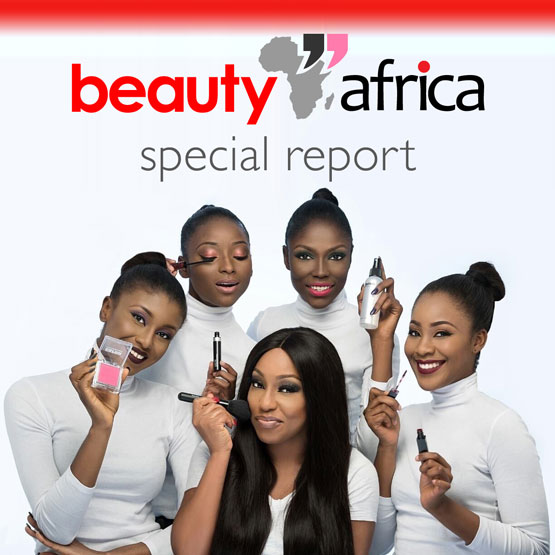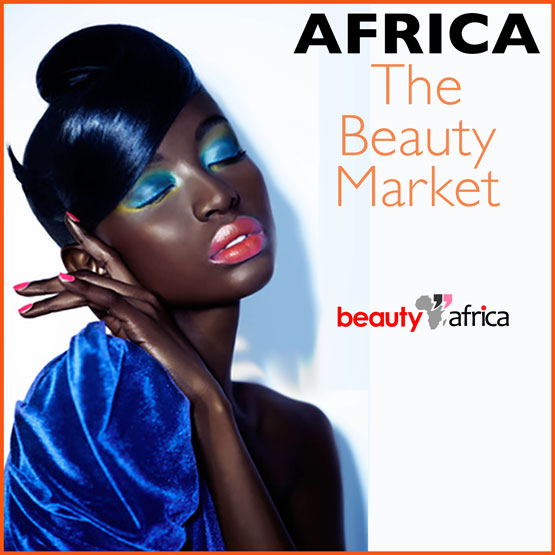The Landscape of Beauty Products in South Africa: A Comprehensive Overview
Related Articles: The Landscape of Beauty Products in South Africa: A Comprehensive Overview
Introduction
With great pleasure, we will explore the intriguing topic related to The Landscape of Beauty Products in South Africa: A Comprehensive Overview. Let’s weave interesting information and offer fresh perspectives to the readers.
Table of Content
The Landscape of Beauty Products in South Africa: A Comprehensive Overview

The South African beauty industry is a vibrant and dynamic sector, reflecting the country’s diverse population and evolving beauty ideals. From traditional remedies to cutting-edge innovations, the market offers a wide array of products catering to various needs and preferences. This comprehensive overview delves into the key aspects of the South African beauty product landscape, exploring its unique characteristics, trends, and significant players.
A Tapestry of Influences:
South Africa’s beauty product landscape is a fascinating fusion of global trends and local influences. International brands have a strong presence, catering to a growing middle class with increasing disposable income. However, indigenous ingredients and traditional practices continue to hold significant sway, reflecting the country’s rich cultural heritage. This blend creates a unique dynamic, where modern innovations coexist alongside time-honored remedies.
Key Trends Shaping the Industry:
Several trends are shaping the South African beauty product market:
- Natural and Organic: Consumers are increasingly seeking natural and organic products, driven by concerns about chemical ingredients and environmental impact. This has spurred the growth of locally sourced and ethically produced brands.
- Inclusivity and Diversity: The beauty industry is embracing inclusivity, with brands developing products for a wider range of skin tones, hair types, and body shapes. This reflects a shift towards celebrating individual beauty in all its forms.
- Sustainability and Ethical Sourcing: Consumers are demanding transparency and ethical practices from beauty brands. Sustainable packaging, cruelty-free products, and fair trade sourcing are gaining traction, influencing the industry’s direction.
- Skincare Focus: Skincare is gaining prominence as consumers prioritize healthy and radiant skin. This trend has fueled the demand for specialized products addressing specific skin concerns, from acne to aging.
- Digital Transformation: The rise of e-commerce and social media has significantly impacted the beauty industry. Online platforms facilitate product discovery, reviews, and purchasing, allowing brands to reach wider audiences.
The Spectrum of Beauty Products:
The South African beauty product market encompasses a wide range of categories:
- Skincare: From cleansers and toners to serums and moisturizers, skincare products cater to various skin types and concerns. Local brands often incorporate indigenous ingredients like baobab oil and rooibos extract, known for their beneficial properties.
- Haircare: Shampoos, conditioners, styling products, and hair treatments address diverse hair textures and needs. The market features both international brands and local players specializing in products suitable for African hair.
- Makeup: From foundations and concealers to eyeshadows and lipsticks, makeup products cater to a range of preferences and occasions. Local brands are increasingly gaining recognition for their vibrant colors and unique formulations.
- Fragrances: Perfumes, body mists, and scented candles are popular choices for enhancing personal style and creating a desired ambiance. South African brands often incorporate indigenous botanicals, offering distinctive and evocative scents.
- Personal Care: This category encompasses a wide range of products, including soaps, body washes, lotions, and deodorants. Local brands often focus on natural ingredients and sustainable packaging.
Notable Players in the South African Beauty Market:
Several key players contribute to the dynamism of the South African beauty product market:
- International Brands: Global giants like L’Oréal, Unilever, and Procter & Gamble have a significant presence, offering a wide range of products across various categories.
-
Local Brands: South African brands are making their mark, leveraging indigenous ingredients and understanding local needs. Examples include:
- African Extracts: Known for its use of indigenous botanicals in skincare and haircare products.
- Nivea: A German brand with a strong presence in South Africa, adapting its products to local needs.
- Bio-Oil: A South African brand renowned for its scar and stretch mark treatment oil.
- Sorbet: A popular local brand offering a range of beauty services and products.
- Small and Medium Enterprises (SMEs): Many small and medium-sized enterprises are contributing to the market’s diversity, offering niche products and personalized services.
Challenges and Opportunities:
The South African beauty product market faces several challenges:
- Economic Fluctuations: The country’s economic climate can impact consumer spending, affecting demand for beauty products.
- Competition: The market is competitive, with both international and local brands vying for consumer attention.
- Regulatory Environment: The regulatory environment can be complex, requiring adherence to various standards and regulations.
However, the market also presents significant opportunities:
- Growing Middle Class: The increasing disposable income of the middle class fuels demand for beauty products.
- E-commerce Growth: Online platforms provide access to wider audiences and facilitate product discovery.
- Focus on Natural and Sustainable Products: Consumers are increasingly seeking ethically sourced and environmentally friendly products.
FAQs about Beauty Products in South Africa:
-
Q: What are the most popular beauty products in South Africa?
A: Skincare products, particularly those addressing specific concerns like acne and aging, are highly sought after. Haircare products, especially those suitable for African hair, are also in high demand.
-
Q: Are there any unique beauty practices in South Africa?
A: South Africa has a rich tradition of using indigenous ingredients for beauty purposes. For example, baobab oil is used for its moisturizing properties, while rooibos extract is known for its antioxidant benefits.
-
Q: What are the best tips for buying beauty products in South Africa?
A: It’s crucial to consider your skin type and hair texture when selecting products. Research ingredients and brands to ensure they align with your values. Look for products made with natural ingredients and ethical sourcing practices.
-
Q: How can I find out more about the South African beauty industry?
A: Trade publications, industry websites, and social media platforms provide valuable insights into the latest trends and developments. Attending industry events and exhibitions can also offer valuable networking opportunities.
Conclusion:
The South African beauty product market is a dynamic and evolving landscape, reflecting the country’s diverse population and evolving beauty ideals. The blend of global trends and local influences creates a unique and exciting environment. By understanding the key trends, notable players, and challenges, businesses can navigate this market effectively and tap into its significant potential. As consumer preferences continue to evolve, the industry is likely to witness further innovation and growth, shaping the future of beauty in South Africa.








Closure
Thus, we hope this article has provided valuable insights into The Landscape of Beauty Products in South Africa: A Comprehensive Overview. We thank you for taking the time to read this article. See you in our next article!